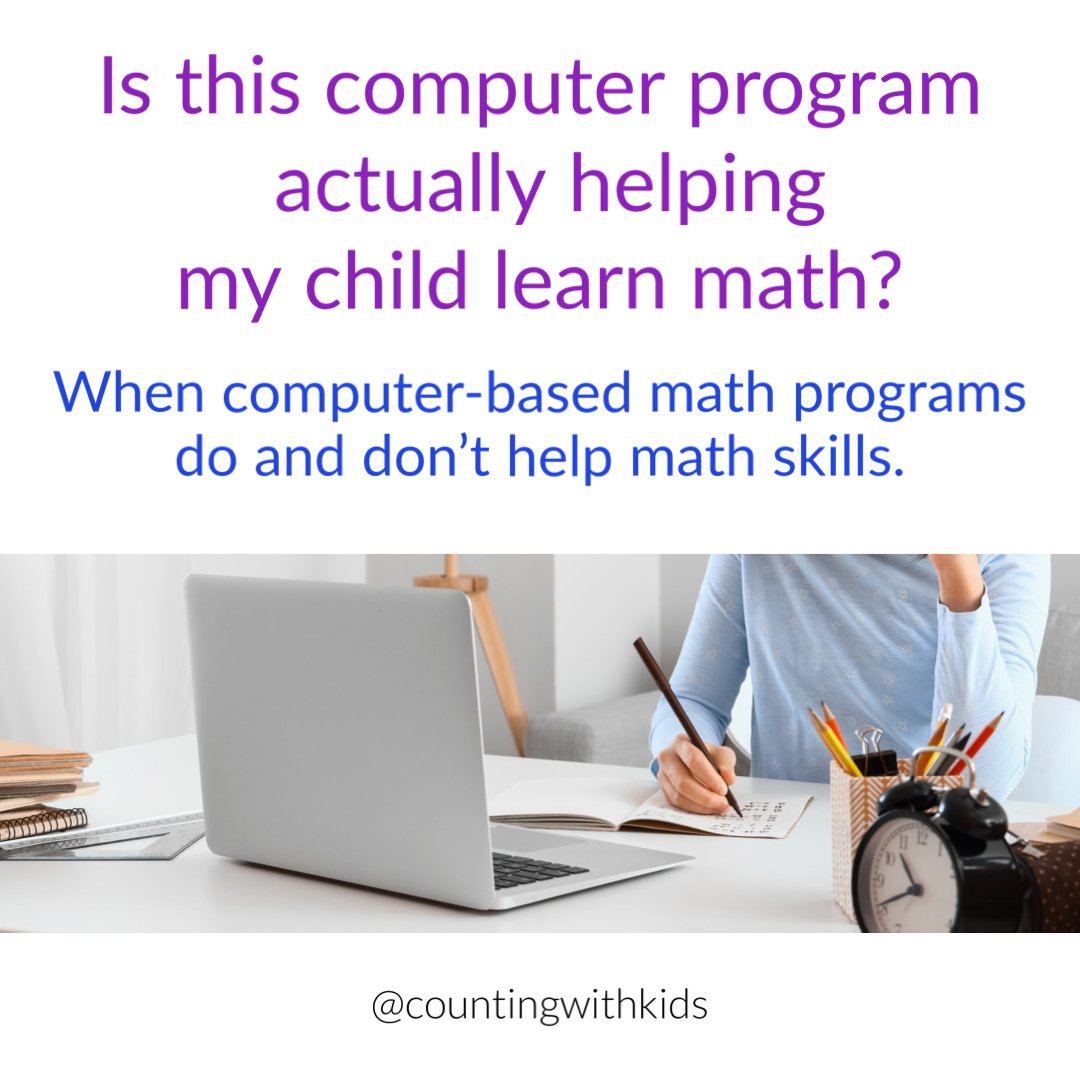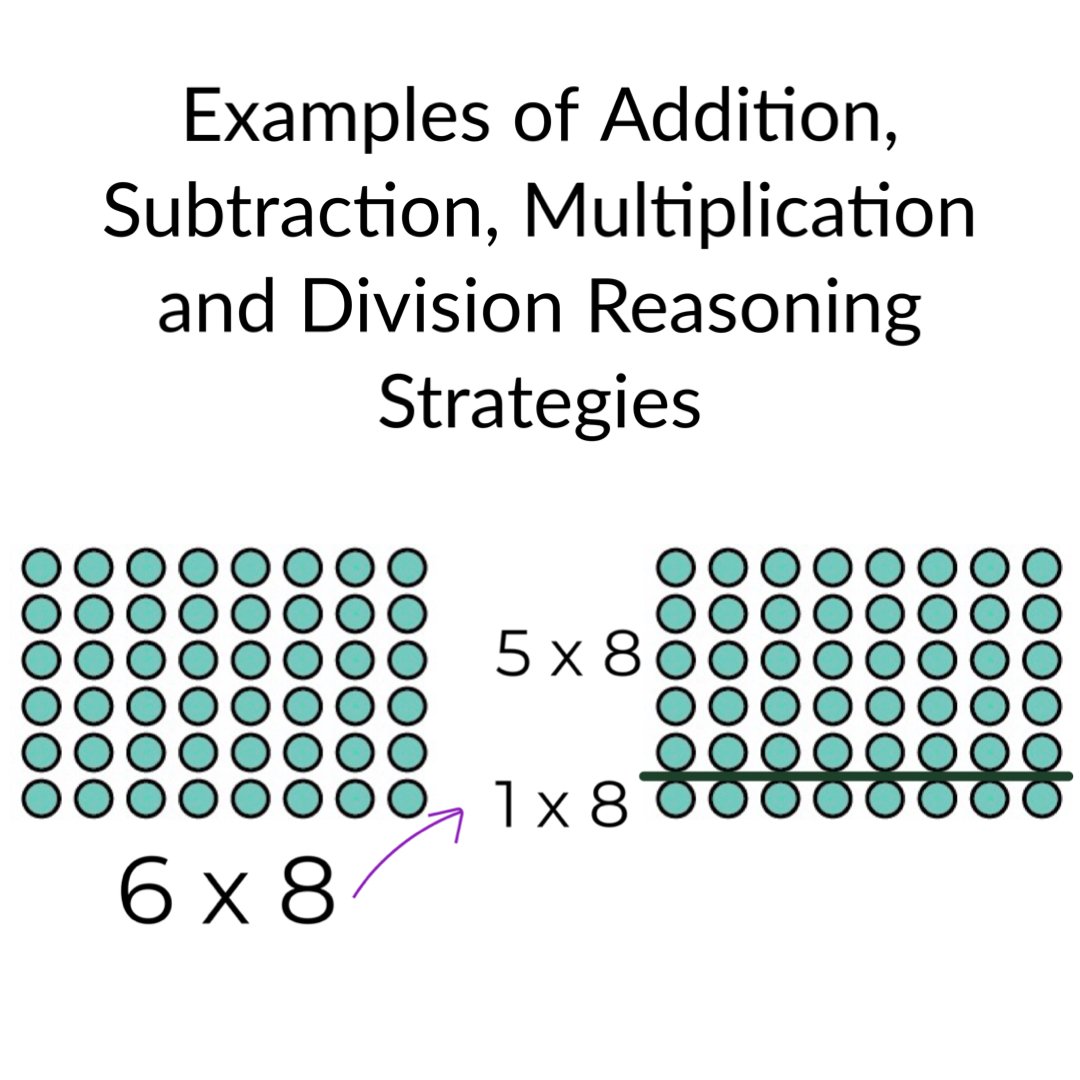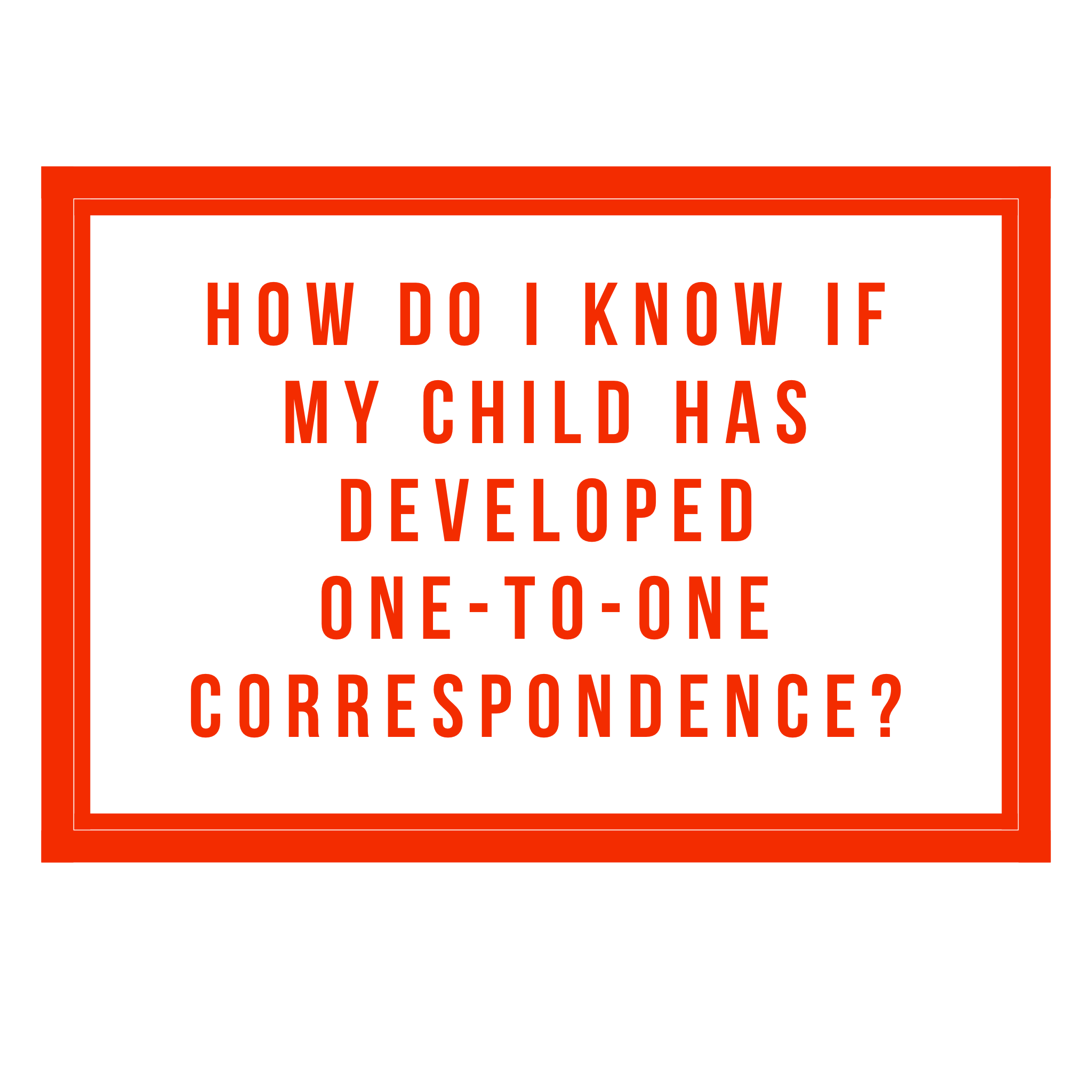We all remember timed math fact drills from school. But are they helpful? The research is mixed. I explain when timed fact tests are most helpful and when they can be counterproductive.
Read MoreThe use of computer-based math programs in US schools has grown rapidly in the post-pandemic era. The ability to differentiate the tasks students are working on based on what an individual student needs support with is one of the main reasons computer-based math programs have gained so much popularity. But are they actually working?
Read MoreThere's a popular math quote that says, "Children must hold math in their hands before they can hold it in their heads." The source of this quote is unknown, but it hits the nail on the head. In this post, I explain how I help math make sense no matter what the topic is.
Read MoreWhen a child understands place value, they understand that the location of each digit in a number defines its value. Here is an overview of how this knowledge develops as a child moves through elementary school.
Read MoreA reasoning strategy uses a child's understanding of number relationships and patterns (number sense) to figure out an unknown fact by relating it to one they already know. In this post, I share examples of reasoning strategies for addition, subtraction, multiplication, and division. This is by no means a complete list, but instead is meant to help you visualize and better understand what a reasoning strategy includes.
Read MoreDid you know that research now shows that pure memorization of basic math facts through flash cards and timed tests is not the best approach for helping children build fact fluency? So what is the best approach? And how can you support your child at home? In this post, we'll do a deep dive into what fact fluency means, how it develops in a child, and how parents can support at home.
Read MoreThe decision of whether to delay kindergarten for a child whose birthday is close to the age cutoff is a hotly debated topic, and because of this, I agonized over the decision for months. In this post I’ll share the research we read, the experts we consulted, and the process we followed to make the decision that felt right for our family. My hope is that what follows provides you with resources as you navigate through this decision for your own family.
Read MoreAs children learn to tell time, we want them to understand not just how to read a clock but also to be able to visualize the amount of time that has passed at a given time on the clock. Here are a few simple strategies you can use at home, for a variety of age levels, to help the concept of time feel concrete to your child:
Read MoreHelping our kids with math often requires understanding the specific math skill they’re working on, but there are also simple things we can do to support their overall math problem-solving skills.
Here are 3 ways you can foster your child’s math problem-solving skills that don’t require knowledge of a specific math concept.
Read MoreAddition and subtraction facts should not be learned through memorization alone. If we focus only on memorization, there are 200 single-digit addition and subtraction facts children would need to memorize. Instead, we want children to build fluency with these facts, which means that children are able to come up with the answers to these single-digit facts flexibly, accurately, and efficiently.
Read MoreMy number one priority when creating early math learning activities is to create activities that tie to my children’s interests and expose them to age-appropriate concepts in a way that is fun and pressure-free.
When parents are navigating early math at home, the question often arrises of how to know what makes something “age-appropriate.”
Read MoreWord problems. Oh, word problems. They get such a bad rap. But what if word problems aren’t as scary as they’ve been made out to be? What if the fault lies not with the word problems, but with the way we think about them? Moreover, what if the problem is the way we teach children to think about them?
Read MoreHave you ever asked your child to guess how many there were of something and gotten a blank stare in return? There’s a good reason for this! Estimating isn’t a skill that develops automatically. It takes a lot of practice!
Read MoreKnowing where our children fall in the progression of counting skills allows us to ensure we are best supporting their early math growth.
Read MoreA lack of number sense is frequently the reason given when a student is struggling with math. But what do we really mean when we say “number sense” and why are so many students struggling with it?
Read MoreDid you know that research suggests that early math is the best predictor of future reading ability? Read more about why early math matters!
Read MoreOne-to-one correspondence is an essential component of becoming fluent counters. But knowing that your child should develop this skill is very different than knowing if your child has developed it.
Read MoreWithout an understanding of what the counting sequence represents, reciting “10, 20, 30, 40, 50, 60....” is as useless to your child as being able to recite “2, 7, 15, 23, 38.”
Read MoreHelping your child learn to skip count can be confusing for parents. In this post, I’ll address how you know when your child is ready to start skip counting.
Read MoreChildren love to collect things! Whether it’s a collection of 3 objects or 30 objects, allowing time to count those collections is one of the BEST ways you can support your child’s early math development!
Read More


















